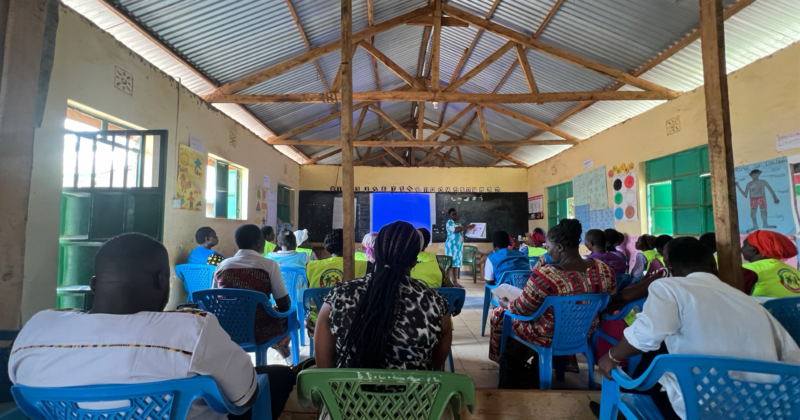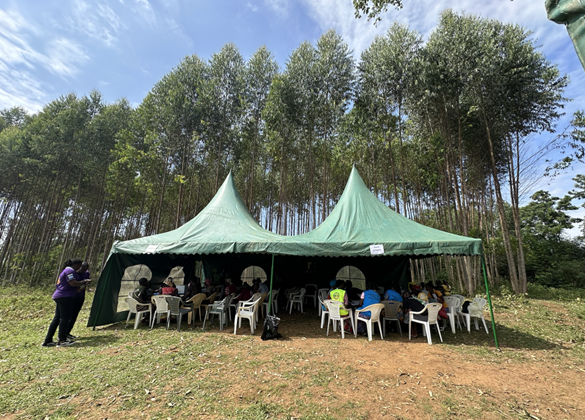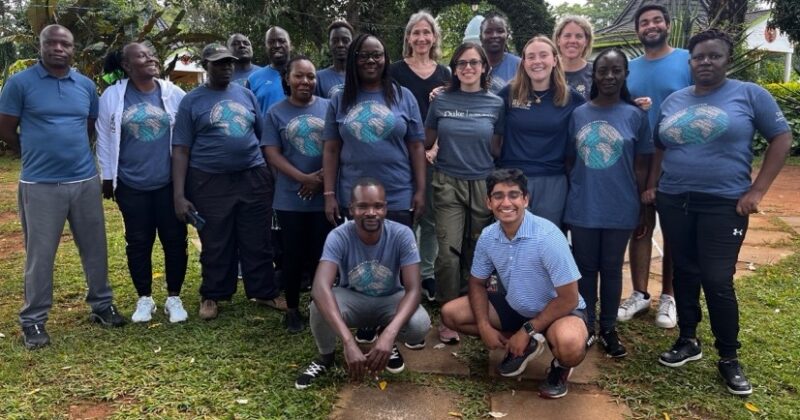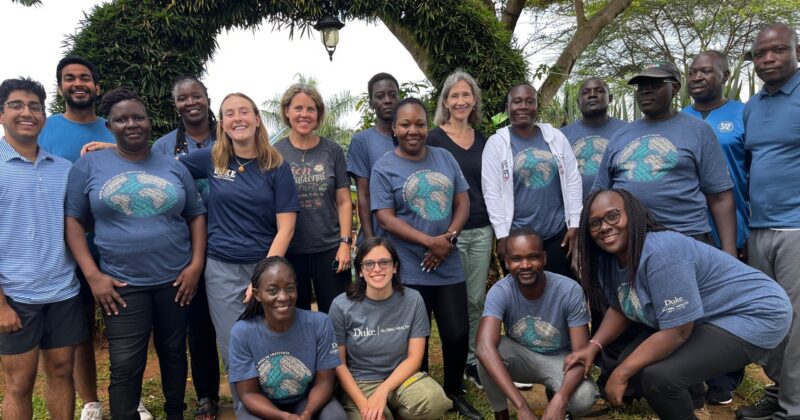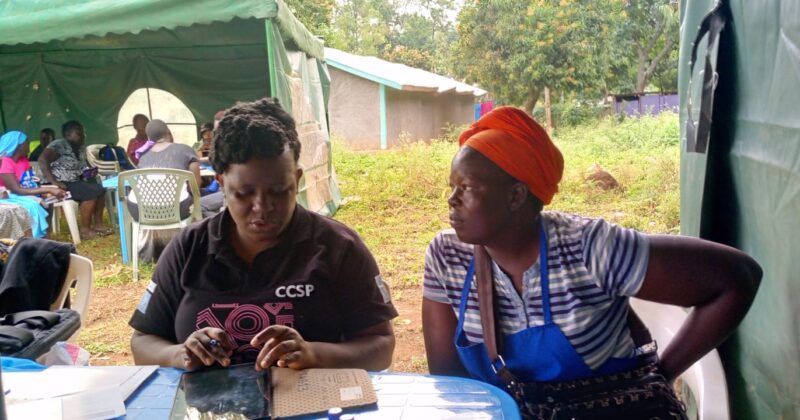
Cervical Cancer Screening and Prevention Health Fairs in Siaya County
The Cervical Cancer Screening and Prevention (CCSP) Team hosted a series of health fairs in Gem of Siaya County, Kenya earlier this summer. The purpose of these fairs was to create opportunities for women living in Kenya to have access to human papillomavirus (HPV) screening and education, and to allow school-age girls to receive vaccinations against HPV. Cervical cancer poses a significant global health burden due to limited access to effective screening and prevention measures, especially for women living in low- and middle-income countries (LMICs). Invasive cervical cancer affects more than 661,000 women around the world, resulting in more than 348,000 deaths each year.1 Though cervical cancer is very preventable through HPV vaccination and screening and treatment of cervical precursor lesions, cost and infrastructural barriers prevent many women in LMICs from accessing these essential cervical cancer prevention services.2 The health fairs hosted by the CCSP Team directly address the lack of access to cervical cancer prevention and screening measures that many Kenyan...

